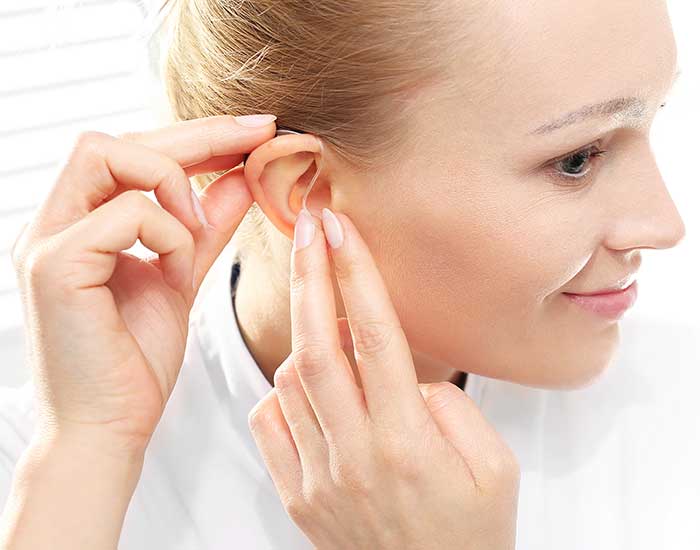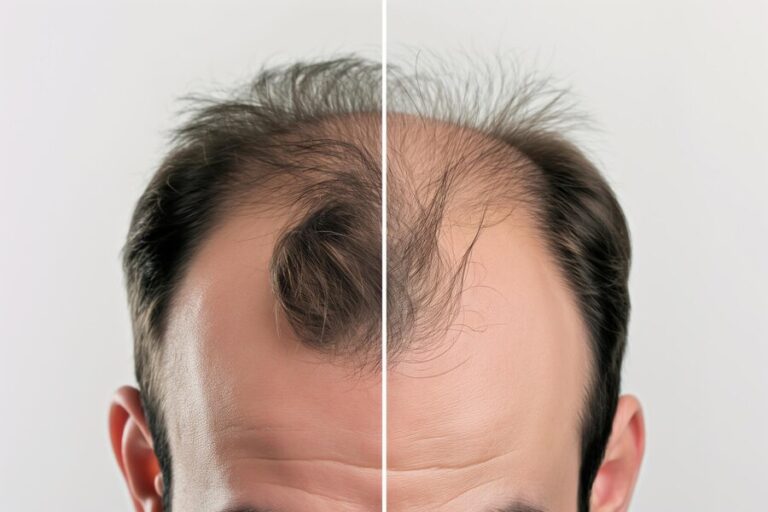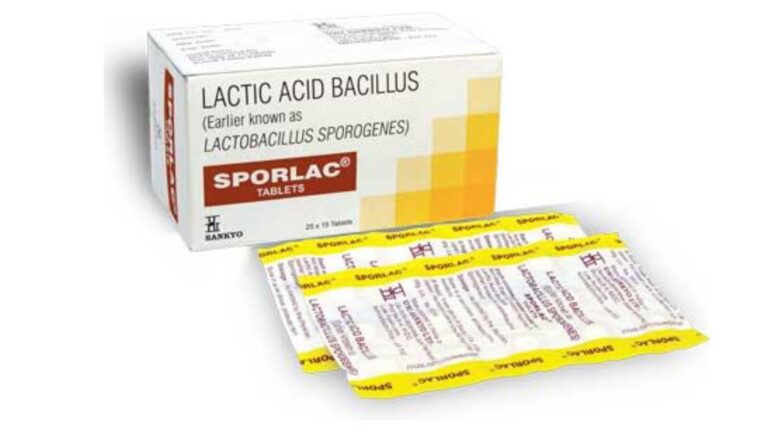Introduction To Tinnitus Treatment in Lahore
Tinnitus, a condition characterized by the perception of sound in the absence of an external source, affects millions of people worldwide. In Pakistan, where access to healthcare varies widely, managing tinnitus can be a significant challenge. This article explores the current landscape of tinnitus treatment in Lahore, the latest advancements in care, and the relevance of the ASSR (Auditory Steady-State Response) hearing test in diagnosing and managing tinnitus.
Understanding Tinnitus
Tinnitus is not a disease but a symptom that can result from various underlying conditions, such as hearing loss, ear infections, exposure to loud noises, or even stress and anxiety. It manifests as ringing, buzzing, hissing, or other sounds in one or both ears, and its severity can range from mild to debilitating.
Prevalence of Tinnitus in Pakistan
Tinnitus is a growing concern in Pakistan, particularly in urban areas where noise pollution is rampant. According to various studies, a significant percentage of the Pakistani population experiences tinnitus at some point in their lives. However, awareness and treatment options are often limited, particularly in rural areas where healthcare resources are scarce.
Treatment Options for Tinnitus in Pakistan
- Hearing Aids
One of the most common treatments for tinnitus is the use of hearing aids. In cases where tinnitus is associated with hearing loss, hearing aids can amplify external sounds, making the internal sounds of tinnitus less noticeable. In Pakistan, various hearing aid options are available, ranging from basic models to more advanced devices with tinnitus-masking features. - Sound Therapy
Sound therapy involves the use of external noise to alter the perception of tinnitus. This can include white noise machines, hearing aids with masking features, or even customized sound tracks. In Pakistan, sound therapy is available through specialized clinics and audiologists, although the availability may vary by region. - Cognitive Behavioral Therapy (CBT)
CBT is a psychological approach that helps patients manage the emotional and psychological impact of tinnitus. This therapy is particularly useful for individuals whose tinnitus is exacerbated by stress or anxiety. In major cities like Lahore, Karachi, and Islamabad, there are several clinics offering CBT for tinnitus patients. - Medications
While there is no specific medication for tinnitus, some patients may benefit from drugs that address the underlying causes, such as antidepressants, antihistamines, or medications that reduce blood pressure. In Pakistan, these medications are readily available, but it is essential to consult with a healthcare professional before starting any treatment. - Alternative Treatments
Some patients in Pakistan explore alternative treatments such as acupuncture, herbal remedies, or homeopathy. While these treatments may offer relief for some, they are not scientifically proven and should be approached with caution.
If you want to know more information about assr hearing test price visit Rchi Pak.
Recent Advances in Tinnitus Treatment
Globally, research into tinnitus treatment is ongoing, and several promising developments have emerged that could potentially benefit patients in Pakistan.
- Neuromodulation
Neuromodulation involves altering nerve activity through targeted stimuli. Devices like the Lenire device, which delivers sound and mild electrical stimulation to the tongue, have shown promise in reducing tinnitus symptoms. While such advanced treatments are not yet widely available in Pakistan, awareness and demand for these options are growing. - Stem Cell Therapy
Research into stem cell therapy for tinnitus is in its early stages, but the potential to regenerate damaged auditory cells offers hope for a future cure. In Pakistan, stem cell therapy is available for various conditions, and it may become a viable option for tinnitus in the coming years. - Gene Therapy
Gene therapy, which involves altering the genes responsible for auditory cell function, is another area of research. Although it is still in experimental stages, gene therapy could one day provide a permanent cure for tinnitus.
The Role of ASSR Hearing Test in Tinnitus Diagnosis
Diagnosing the underlying cause of tinnitus is crucial for effective treatment. The ASSR (Auditory Steady-State Response) hearing test is an advanced diagnostic tool that can help in this process.
- What is ASSR Hearing Test?
The ASSR hearing test is a non-invasive, objective test that measures the brain’s response to sound stimuli. Unlike traditional hearing tests, which rely on patient responses, ASSR provides an automatic, accurate assessment of hearing thresholds across different frequencies. This makes it particularly useful for diagnosing hearing loss in infants, young children, and individuals who cannot reliably participate in standard hearing tests. - ASSR Hearing Test in Tinnitus Diagnosis
For tinnitus patients, the ASSR hearing test can help identify specific frequencies where hearing loss may be contributing to the condition. By pinpointing the areas of hearing loss, audiologists can tailor treatments, such as hearing aids or sound therapy, to address the patient’s specific needs. - Availability and Cost of ASSR Hearing Test in Pakistan
The ASSR hearing test is available at select audiology clinics and hospitals in Pakistan’s major cities. The ASSR hearing test price in Pakistan varies depending on the clinic, location, and the extent of testing required. On average, the cost can range from PKR 5,000 to PKR 15,000 per session. While this may be a significant expense for some patients, it is an essential step in obtaining an accurate diagnosis and effective treatment plan.
Challenges in Accessing Tinnitus Treatment in Pakistan
While there are various treatment options available for tinnitus in Pakistan, several challenges can hinder access to care:
- Limited Awareness
Many people in Pakistan are unaware that tinnitus is a treatable condition. This lack of awareness leads to delayed diagnosis and treatment, which can exacerbate the condition. - Healthcare Disparities
Access to specialized tinnitus care is often limited to major cities. Rural areas, where healthcare infrastructure is less developed, may lack the resources and expertise needed to diagnose and treat tinnitus effectively. - Cost of Treatment
The cost of advanced diagnostic tests like the ASSR hearing test and treatments such as hearing aids or sound therapy can be prohibitive for many patients in Pakistan. While some government and non-profit organizations offer assistance, there is still a significant need for affordable tinnitus care. - Stigma and Psychological Impact
Tinnitus is often misunderstood, and patients may face stigma or be dismissed by family and friends who do not understand the severity of the condition. This can lead to increased anxiety, depression, and a reduced quality of life.
Future Directions for Tinnitus Treatment in Pakistan
To improve tinnitus care in Pakistan, several steps can be taken:
- Increasing Awareness
Public health campaigns can help educate people about tinnitus, its causes, and the available treatment options. Increased awareness can lead to earlier diagnosis and better outcomes for patients. - Expanding Access to Care
Efforts should be made to expand access to specialized tinnitus care, particularly in rural areas. This could include training more audiologists, providing telemedicine services, and increasing the availability of diagnostic tools like the ASSR hearing test. - Supporting Research
Supporting local research into tinnitus and its treatment can help develop solutions tailored to the needs of the Pakistani population. Collaboration with international researchers and institutions can also bring advanced treatments to Pakistan more quickly. - Reducing Costs
Making tinnitus treatment more affordable through subsidies, insurance coverage, or charitable programs can help more people access the care they need. This includes lowering the cost of diagnostic tests like the ASSR hearing test and providing low-cost or subsidized hearing aids and sound therapy devices.
Conclusion
Tinnitus is a significant health issue in Pakistan, but with the right diagnosis and treatment, it can be managed effectively. The ASSR hearing test plays a crucial role in diagnosing tinnitus, helping to tailor treatments to individual needs. While challenges remain in accessing care, ongoing advancements in tinnitus treatment offer hope for better outcomes in the future. By increasing awareness, expanding access to care, supporting research, and reducing costs, Pakistan can improve the quality of life for those living with tinnitus.











